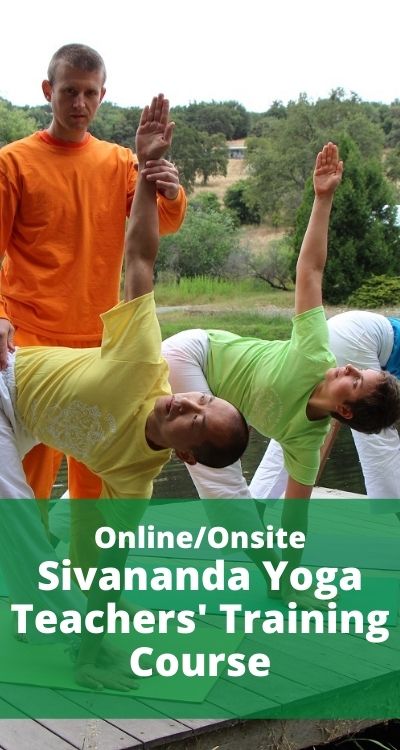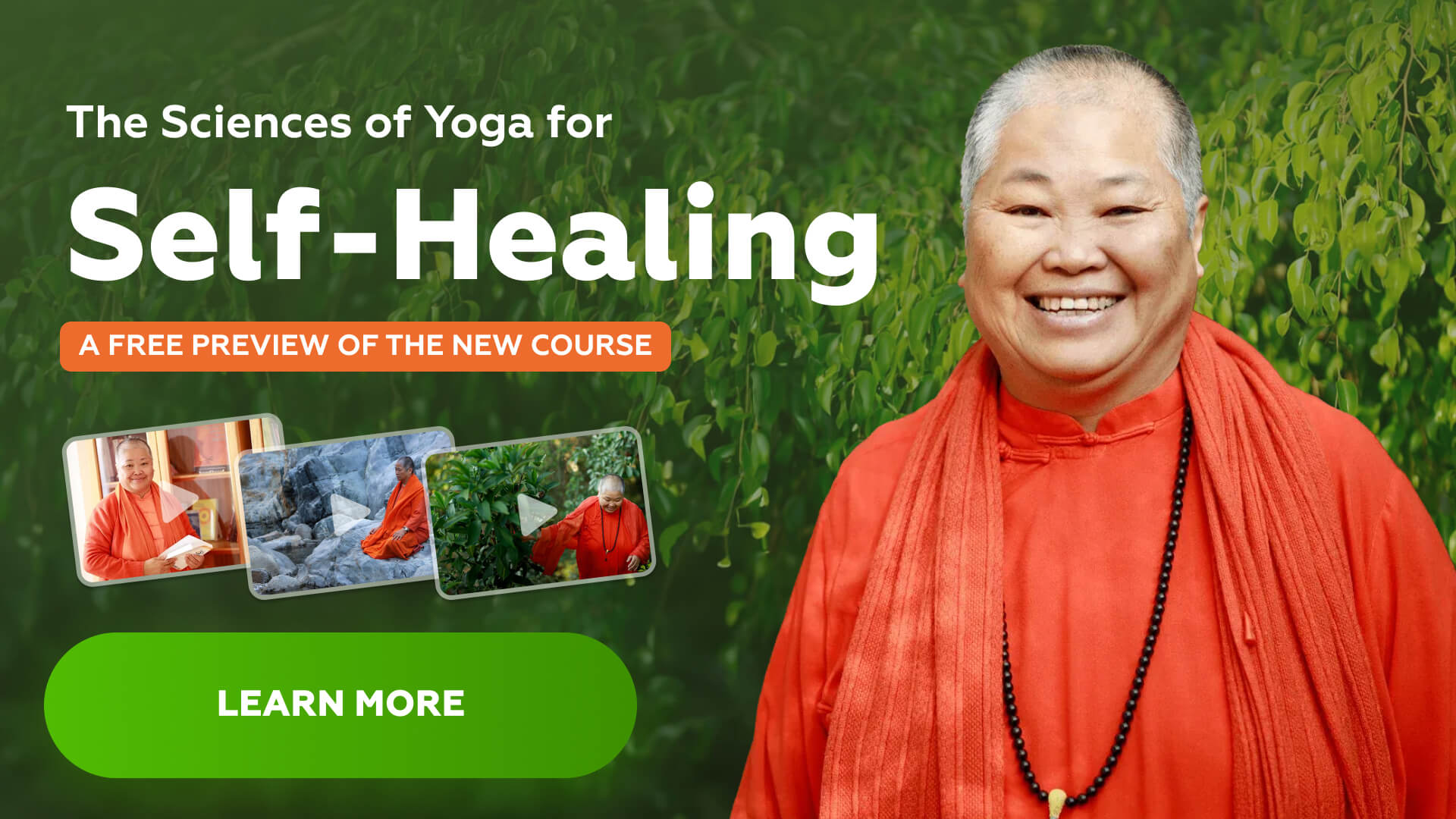To keep our minds from falling into repetitive negative patterns, we make our minds so focused on positive thoughts that there is no space for a negative thought or habit to enter. Events happen so that we can be molded into a better person. When we are faced with a difficult situation, we are being given an opportunity to learn. However, sometimes we do not learn. Instead, we develop a negative emotional reaction that becomes habitual. Then we look for ways to relieve ourselves from the emotional negative memory and this can lead to addiction.
For example we may have an emotional problem, the mind resists and does not move; we feel we have no connection with our inner being and have no strength or will. We take a drink. The negative feeling begins to consume us so that we have even less will, less strength, less discrimination. We just drop our hands down in despair and say “What’s the point of struggling? What’s the point of disciplining and controlling anything? I’m going to drink myself to oblivion.” Once there is a tendency towards self-destruction, it is easily repeated and it becomes a habit. And even if we reach a point where the negative memory has faded and we are drinking less, guess what? There will be another difficult situation that confronts us.
We must train ourselves not to collapse. In yoga, when we hold a posture, we hold it and continue to hold it. And though we may resent our teacher, we hold the posture, breathing and relaxing into it even though we may want to do the exact opposite. Holding our body in a yoga posture helps us to learn to hold our emotions and our mind. We train the body to be flexible because when it is flexible it is able to adapt and hold and balance and this helps the mind also to be strong.
We need to carefully limit the negative influences to which we expose ourselves. Influences can come from anywhere – from media, from friends and family, for example. They may unconsciously encourage us in our negative tendencies and emotions, such as addictions to fears, anxieties, anger and hatred. We need to be aware of the influence of social media, news, polarizing conversations, television shows and literature, advertisements and song lyrics. We must be wise with whom we mix and how we spend our time. We need to mix with people who think positively and radiate positivity. The underlying Truth about Life is positive, even though our perceptions of what is happening might be negative.
The lesson here is that we need to keep working on the mind and empty it of everything except positive thoughts.




